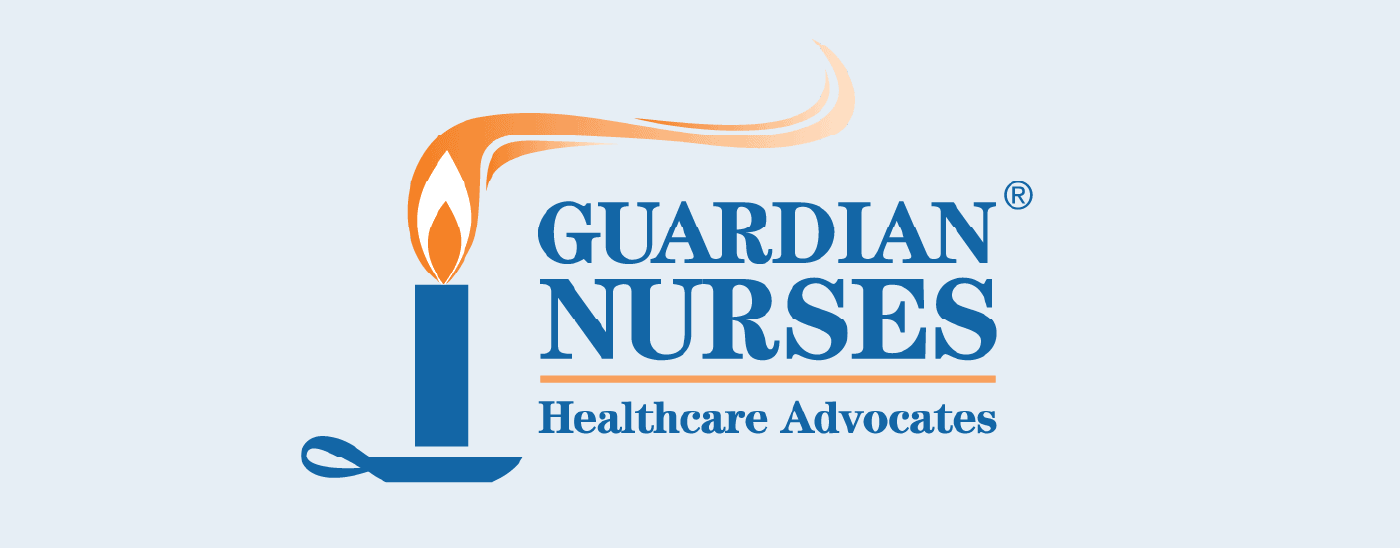Behind the Scenes with Guardian Nurses
A program for PPO participants and their eligible dependents
Navigating healthcare can be daunting, especially with serious health issues like surgeries or new diagnoses. That’s where Guardian Nurses’ Mobile Care Coordinators (MCCs) step in. We talked with two of these dedicated RNs, Tonya Niverson and Samuel Hirst, who explained how they help PPO participants understand their options and get the support they need.
What Do MCCs Do?
MCCs guide patients through the healthcare maze. “We help them find the care they need and make sense of their health insurance benefits,” says Tonya. This often includes three-way calls with customer service and suggesting second opinions to ensure patients make well-informed decisions.
MCCs meet people where they’re at — from hospitals to provider offices and home visits. They don’t provide direct medical care or transportation but do help patients find transportation if needed.
Personalized Support
Tonya and Sam both stress the importance of personalized care. MCCs always start with a comprehensive intake assessment to identify their patients’ strengths and needs. Building relationships allows them to provide tailored support, from reminding patients about screenings to offering emotional support.
“Every patient interaction is unique, and we adapt our communication methods to fit their preferences,” says Sam, mentioning calls, texts, emails, and in-person meetings.
Helping with Healthcare Decisions
Facing a new diagnosis or considering treatments can be overwhelming. Tonya emphasizes the role of MCCs in educating patients about their options. “We do extensive research and guide them to trusted resources,” she explains. Sam adds the importance of offering additional options while respecting the patient’s trust in their initial diagnosis.
Focus on Mental Health
Supporting patients with mental health issues like depression, anxiety, or addiction is a significant part of Sam’s role. The first step? Listening. “It’s about creating a non-judgmental space and congratulating patients on taking the first step towards recovery,” he says.
Sam also highlights the importance of trial and error in finding the right support, from helping patients pick a therapist to connecting them with cognitive therapy or support groups.
Why They Love Their Job
Tonya loves the hands-on MCC model.
“Being able to change peoples’ lives and help them change their own lives to be the best they can be keeps me passionate every day.”
Sam enjoys the autonomy and creativity in care coordination.
“Every day is different, every intake is new, and meeting in person with patients, providers, and family members helps build trust.”
Tonya and Sam Want You to Know:
- We’ll never say, “that’s not our problem.” There aren’t any stupid questions, and you’re not wasting anyone’s time. This is what we’re here to do!
- The program is completely confidential — we don’t share your information with the union, Trust, doctors, or anyone else.
- There’s no cost! MCC services are fully paid for by the Trust.
The Mobile Care Coordinator (MCC) Program is available to all eligible PPO plan participants, including spouses and dependent children.
To request help from an MCC Nurse if you are going to be hospitalized, or for a serious health condition, call (877) 362-9969 and select option 2.

